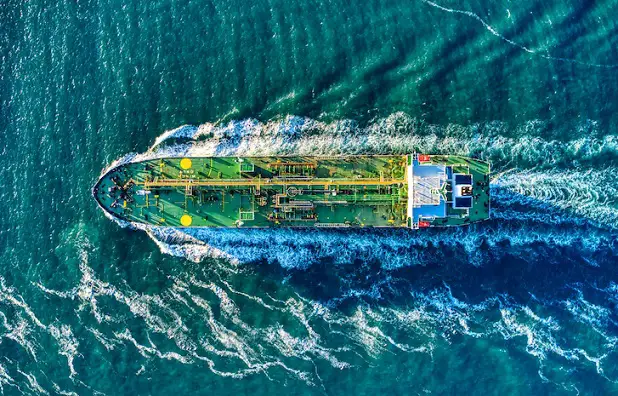A new report from Reuters says that according to sources familiar with the matter, the Group of Seven (G7) leading economies and its allies have ceased performing regular reviews of the price cap placed on Russian oil exports, despite Russian crude now trading well above the capped price.
The alliance, consisting of the EU, the G7, and Australia had set a price ceiling on Russian seaborne crude of $60 per barrel on December 5th of last year. The price cap bars Western firms from providing shipping services such as brokerage or insurance to any shipments of Russian crude, unless it can be shown the cargo was purchased for a price at or below the price cap.
The Eu had said that it would conduct a bi-monthly review of the price cap and make adjustments as needed, while the G7 said it would conduct reviews of the price cap “as appropriate” to include “implementation and adherence.”
In response to the restrictions, Moscow outlawed the sale of oil and refined products to any buyers who so much as mentioned the price cap in any contracts for sale, and reorganized their sale relationships using the offer of discounts to shift its products away from the Western nations, and to Asia.
India and China have become huge buyers of discounted Russian crude, while oil exporters have gradually developed alternative methods of selling Russian oil, using domestic ships, or non-Western ships and insurance services, which are not adhering to the Western rules. That has made it nearly impossible for the West to enforce its restrictions, and the discounts offered by Russia have given non-Western nations every incentive to ignore the price caps.
In August, Russian benchmark Urals crude rose above $74 per barrel, breaking the price cap. Meanwhile sources in the industry have told Reuters that the G7 has not conducted a review of the price cap since March, and has no immediate plans to conduct a meeting about it, in spite of the recent surge in crude prices.
A diplomatic source told the news outlet, “There were some talks in June or July to do a review, or at least talk about it, but it never formally happened.”
A recent study by Bloomberg found that even though the price of Urals has risen over $60 per barrel, exports of Russian crude were continuing through the use of Western-insured tankers. Roughly 40% of the vessels which were found by the study to be carrying Russian oil from Russian Baltic or Black Sea ports were either owned owned or insured by Western countries which were bound by the terms of the price ceiling.
Meanwhile the price of the European benchmark Brent crude rose over $90 per barrel for the first time this year following announcements by Russia and Saudi Arabia, which said they were extending their voluntary production and export cuts through to the end of the year.

